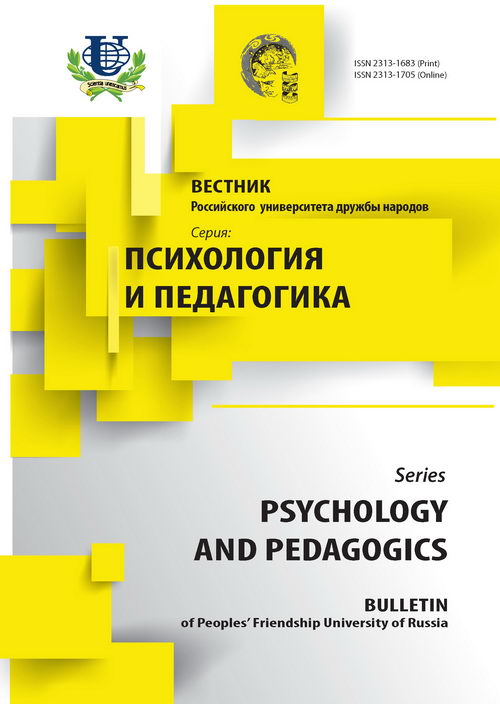INTRODUCING TRANSLATION SKILLS TO LEVEL 200 STUDENTS OF RUSSIAN: A CASE STUDY UNIVERSITY OF GHANA
- Authors: Albert A.1
-
Affiliations:
- Department of Modern Languages University of Ghana
- Issue: No 1 (2016)
- Pages: 113-118
- Section: Articles
- URL: https://journals.rudn.ru/psychology-pedagogics/article/view/13417
- ID: 13417
Cite item
Full Text
Abstract
The paper examines the steps to introduce basic translation skills to level 200 students of Russian. It adopts the teacher-student centered approach and employs the theory of equivalence at a superficial level to achieve the intended goal. The aim of the paper is to enhance on students’ language proficiency while at the same time introducing translation skills at the intermediate level.The study is designed to equip students with basic translation skills. It aims at strengthening students’ bilingual competence at the level of written translation as our priority and then oral translation otherwise known as interpretation. It points to the fundamental ingredients needed to be acquired before embarking on the translation task. Main research questions are: a) the steps to introduce and strengthen translation skills to level 200 students of Russian; 2) identifying basic language principles required to do proper translation; 3) relating language to the immediate realities of the student in the introduction process.Based on the experience of introducing basic translation skills to level 200 students of Russian at the University of Ghana, it was concluded that the teacher and student centered approaches are employed to produce acceptable and genuine results.
Keywords
References
Supplementary files















